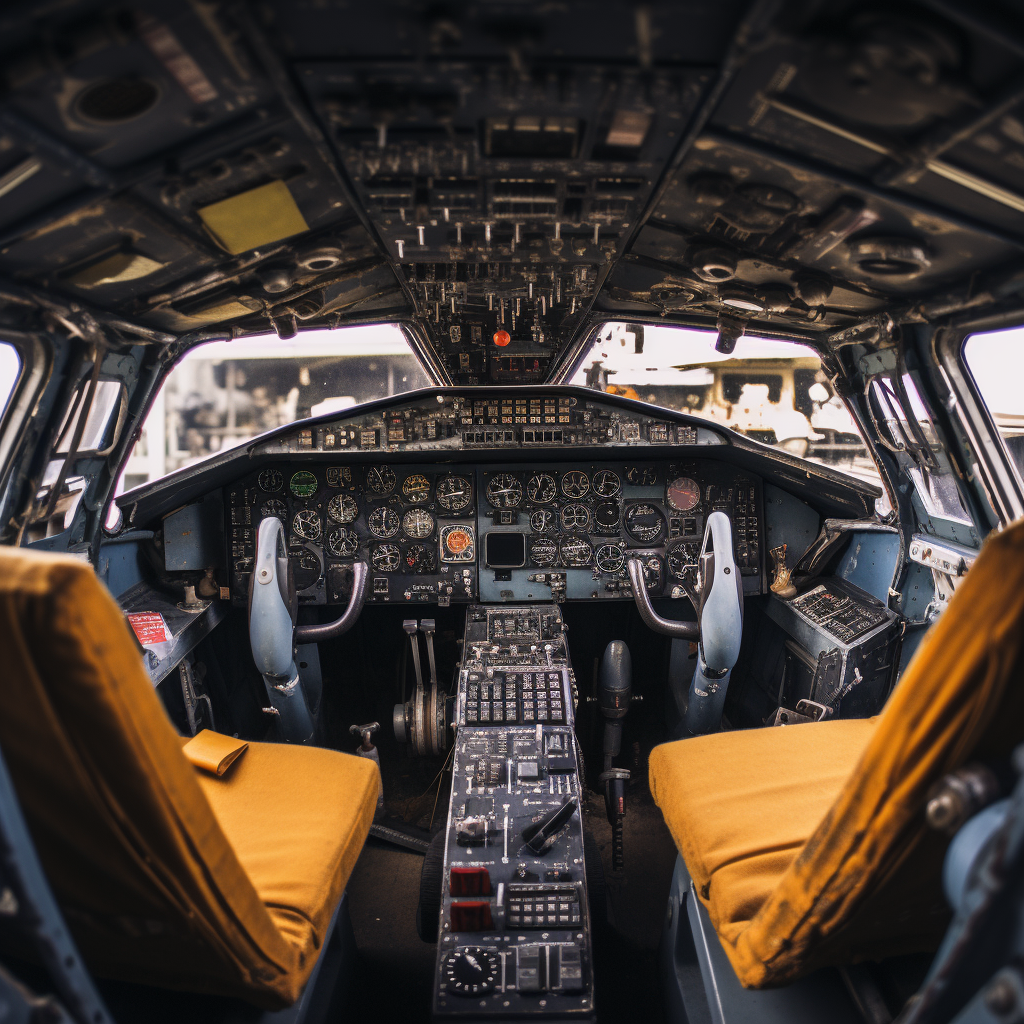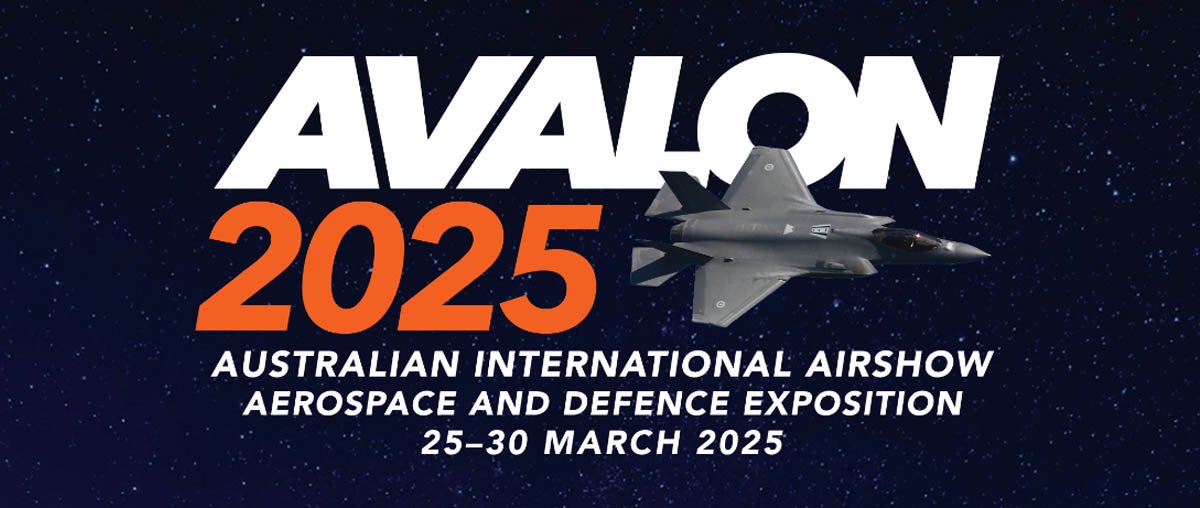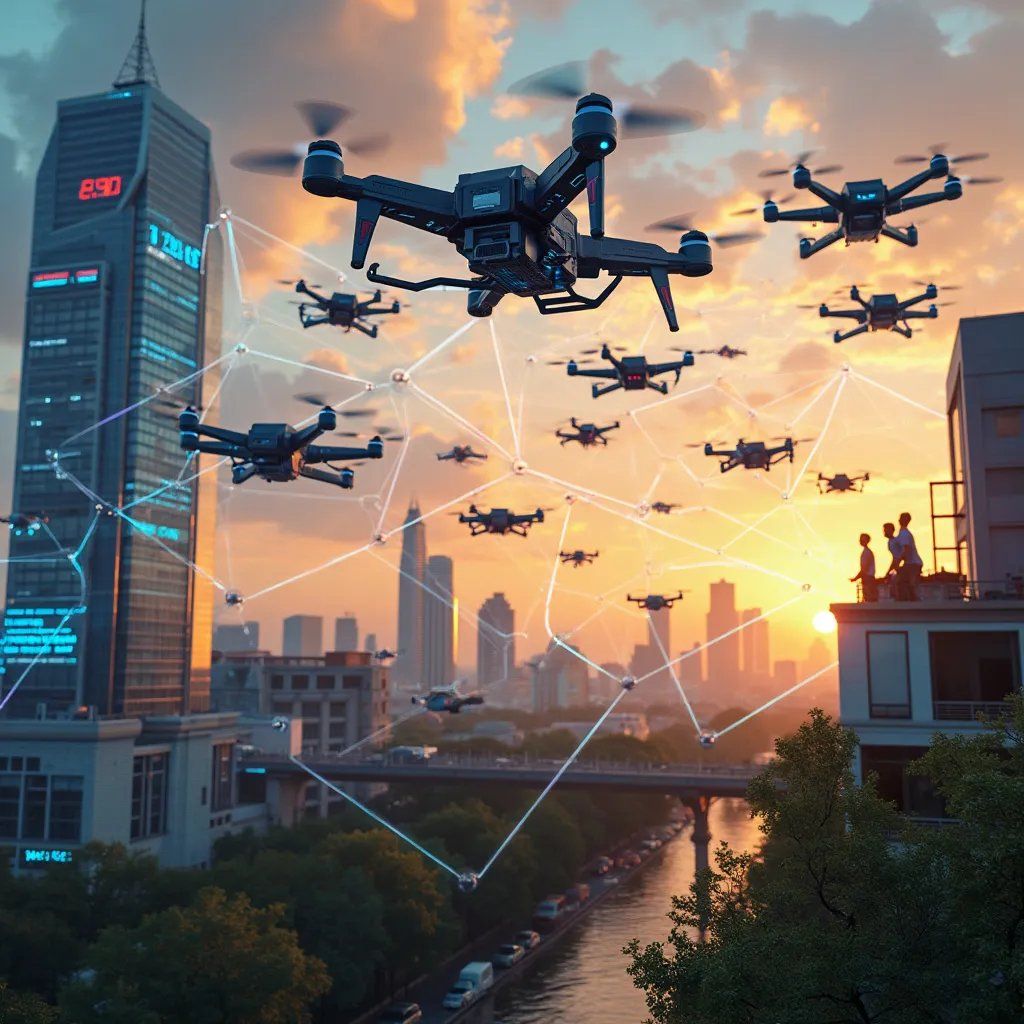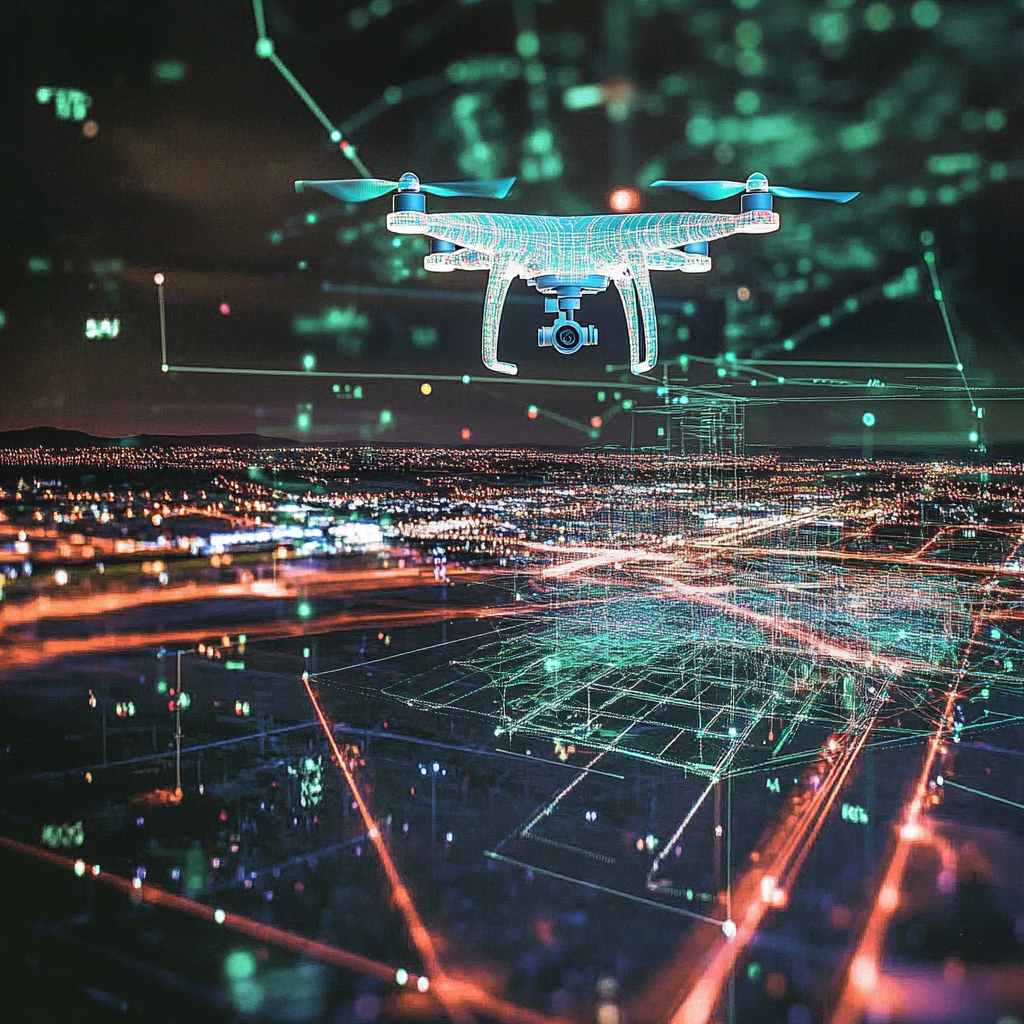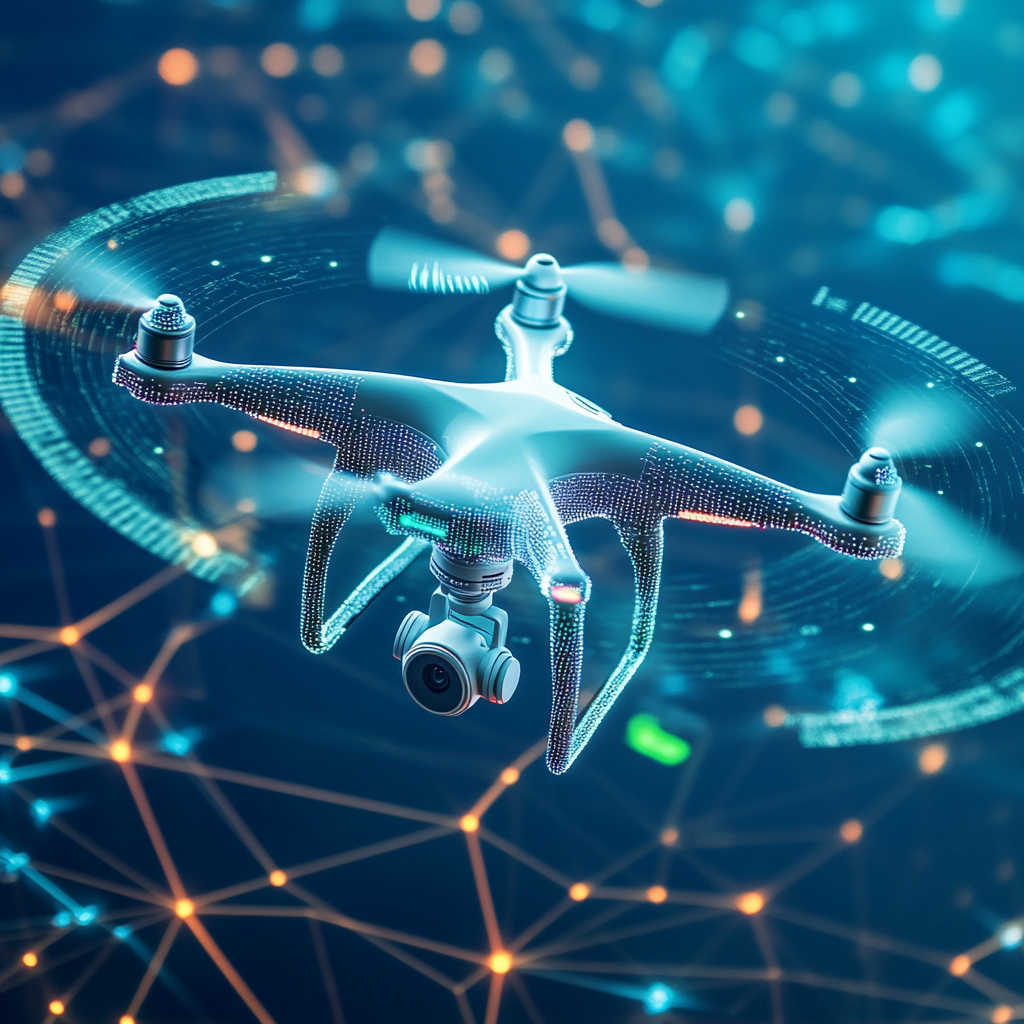Introduction
The integration of blockchain technology in Cockpit Voice Recorders (CVRs), a key component of aviation’s black boxes, represents a pivotal step in enhancing aviation communication security and data integrity. This article explores the unique benefits of blockchain in CVRs, distinctly different from its application in Flight Data Recorders (FDRs).
Cockpit Voice Recorders: The Audio Chronicle of Aviation
Cockpit Voice Recorders, as part of the black box system, play a crucial role in aviation safety. Unlike FDRs that capture flight parameters, CVRs record all sounds in the cockpit, including pilot conversations, audible alarms, and background noises. These audio recordings are essential for understanding the sequence of events and actions within the cockpit, particularly in accident investigations.
Blockchain Empowerment in CVRs: A Detailed Insight
Uncompromised Audio Data Integrity
- Immutable Recording
Blockchain ensures that once audio is captured in the CVR, it remains unchanged and intact. This immutability is essential for preserving the original state of cockpit conversations and sounds.
- Trustworthy Source for Analysis
The integrity of blockchain-secured CVR data offers a reliable basis for investigations, enabling accurate reconstruction of events leading up to an incident.
- Tamper-Proof Audio Logs
Incorporating blockchain significantly diminishes the possibility of altering or tampering with cockpit audio, upholding the authenticity of these critical recordings.
Advanced Security for Sensitive Communications
- Enhanced Encryption
Blockchain provides top-tier encryption for CVR data, ensuring the confidentiality and security of cockpit conversations against unauthorized access and cyber threats.
- Decentralized Protection
The decentralized structure of blockchain offers robust protection for CVR data, reducing vulnerabilities associated with centralized data storage systems.
- Adaptive Security Protocols
Blockchain’s ability to incorporate evolving security measures ensures that CVR data is protected against new and emerging cyber threats.
Transparent and Secure Sharing Mechanisms
- Controlled Access for Authorized Users
Blockchain enables secure, regulated access to CVR data, ensuring that only designated personnel can review the recordings for safety and investigative purposes.
- Accountable Access Logging
The technology creates a transparent audit trail of access to CVR data, enhancing accountability and security in its use.
- Standardized Global Data Exchange
Blockchain facilitates standardized and secure sharing of CVR data across international borders, aiding in collaborative efforts during global aviation investigations.
Conclusion
The adoption of blockchain technology in Cockpit Voice Recorders, an integral part of aviation’s black boxes, significantly bolsters the security, integrity, and reliability of vital cockpit audio data. This technological enhancement not only complements the function of FDRs but also independently fortifies the overall safety framework in the aviation industry.
